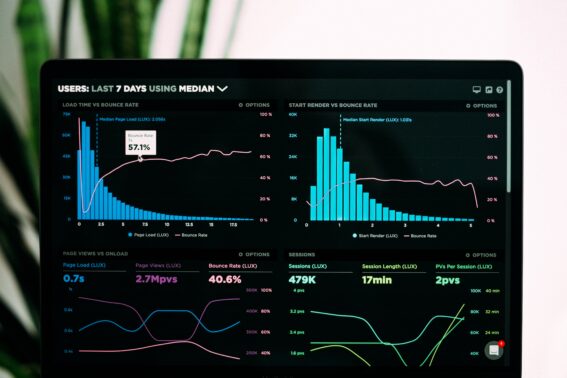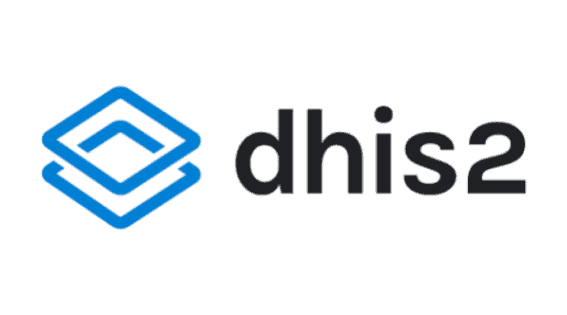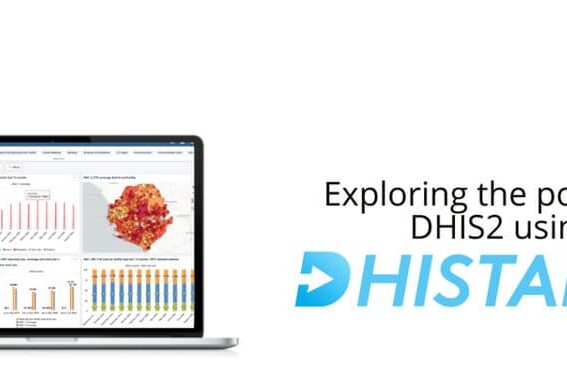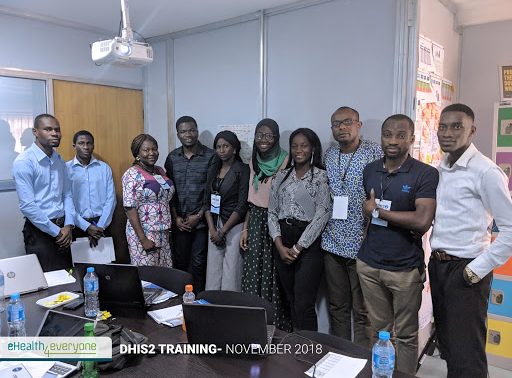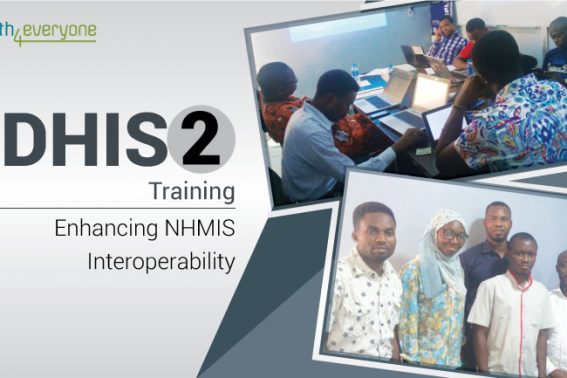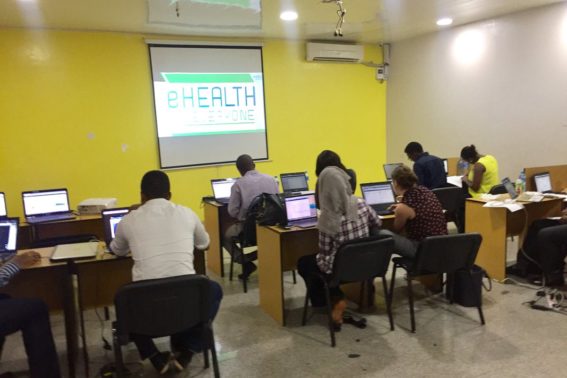Businesses across all sectors generate large pools of data in different ways and from various sources. These data may be statistics, trends derived from operation processes and/or sales, customer habits, etc., which when collected, are in raw form that require processing to become meaningful information. That is where data analytics comes in. What is data[...]
What is the District Health Information Software 2 (DHIS2)? DHIS2 is a free, open-source software platform for collecting, analyzing, visualizing and sharing data. The software lets you manage and analyze aggregate and individual-level data with a flexible data model. It includes advanced features for dynamic data visualization, like maps, charts, pivot tables and dashboards, as[...]
What is the District Health Information Software 2 (DHIS2)? DHIS2 is a free, open-source software platform for collecting, analyzing, visualizing and sharing data. The DHIS2 lets you manage and analyze aggregate and individual-level data with a flexible data model. It includes advanced features for dynamic data visualization, like maps, charts, pivot tables and dashboards, as[...]
Have you ever wondered about how government agencies acquire the information they have on the prevalence of various diseases in the country? I know I have. Thanks to advancements made in technology, there are data analytic tools such as the District Health Information System (DHIS2) that are used for such purposes. However, things haven’t always[...]
Our 3 – day beginner-to-advanced DHIS2 training kicked off on the 15th November 2018 with five (5) participants. For this training, Africa’s Public Health Network (APHeN), the first web based public health data forum in Africa offered a 17% discount for the Beginner level training and a 30% discount for the Beginner-to-Advanced level training in[...]
As more countries adopt national-level data-warehouses based on the DHIS2, the need for ensuring robust architectures integrating multiple health information systems has been emphasized. Countries can only achieve national-level data integration by ensuring interoperability between the plethora of ehealth and mhealth software being developed. In Nigeria, as an example, the Federal Ministry of Health (FMoH)[...]
There are several challenges that exist with the monitoring and evaluation system employed in Nigeria. Data reporting is inadequate, and data quality is poor, making quality data needed to make impactful decisions scarce. DHIS2 helps solve these monitoring and evaluation challenges with its data validation feature, easy accessibility, offline deployment feature and ease of use[...]

